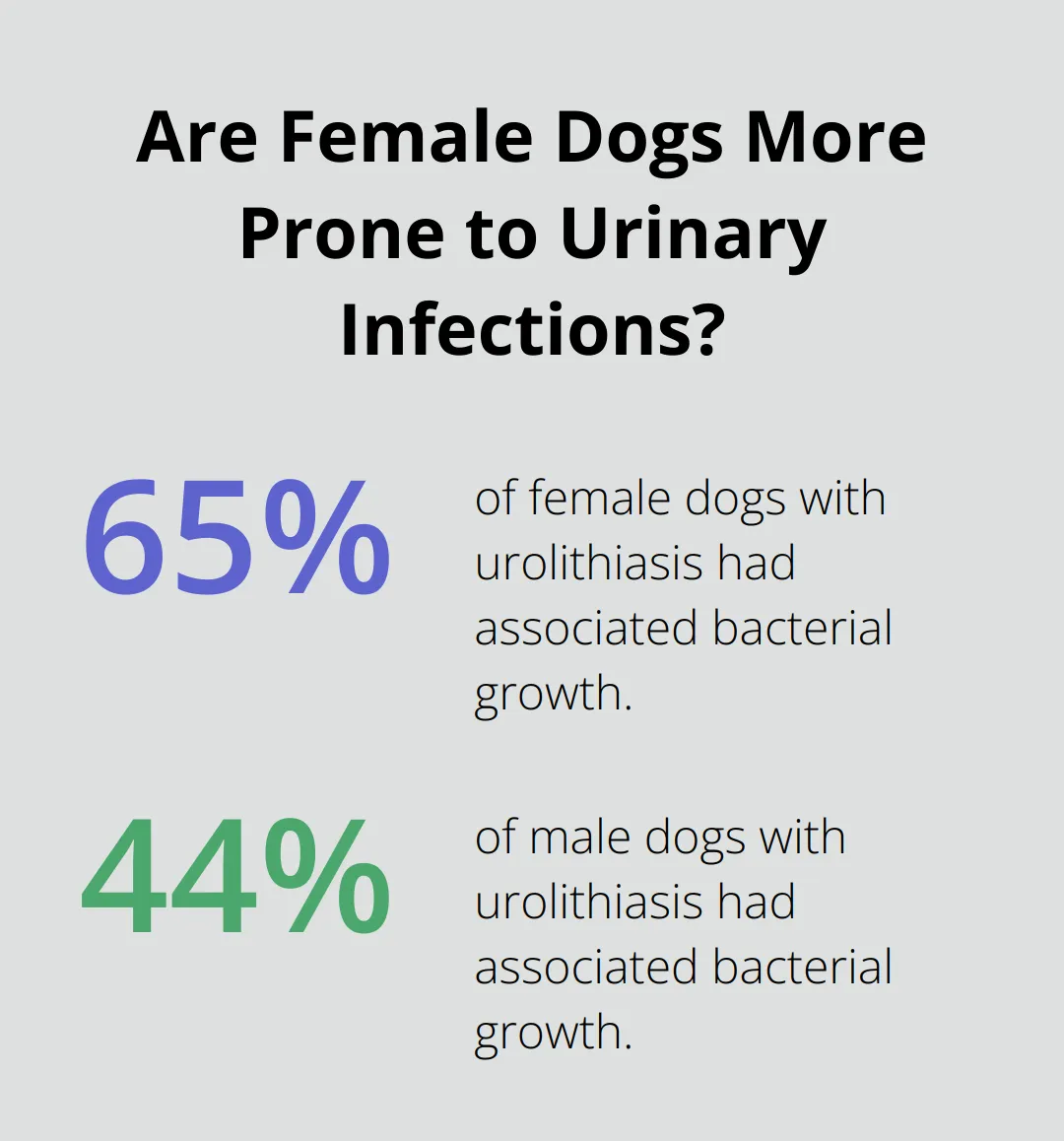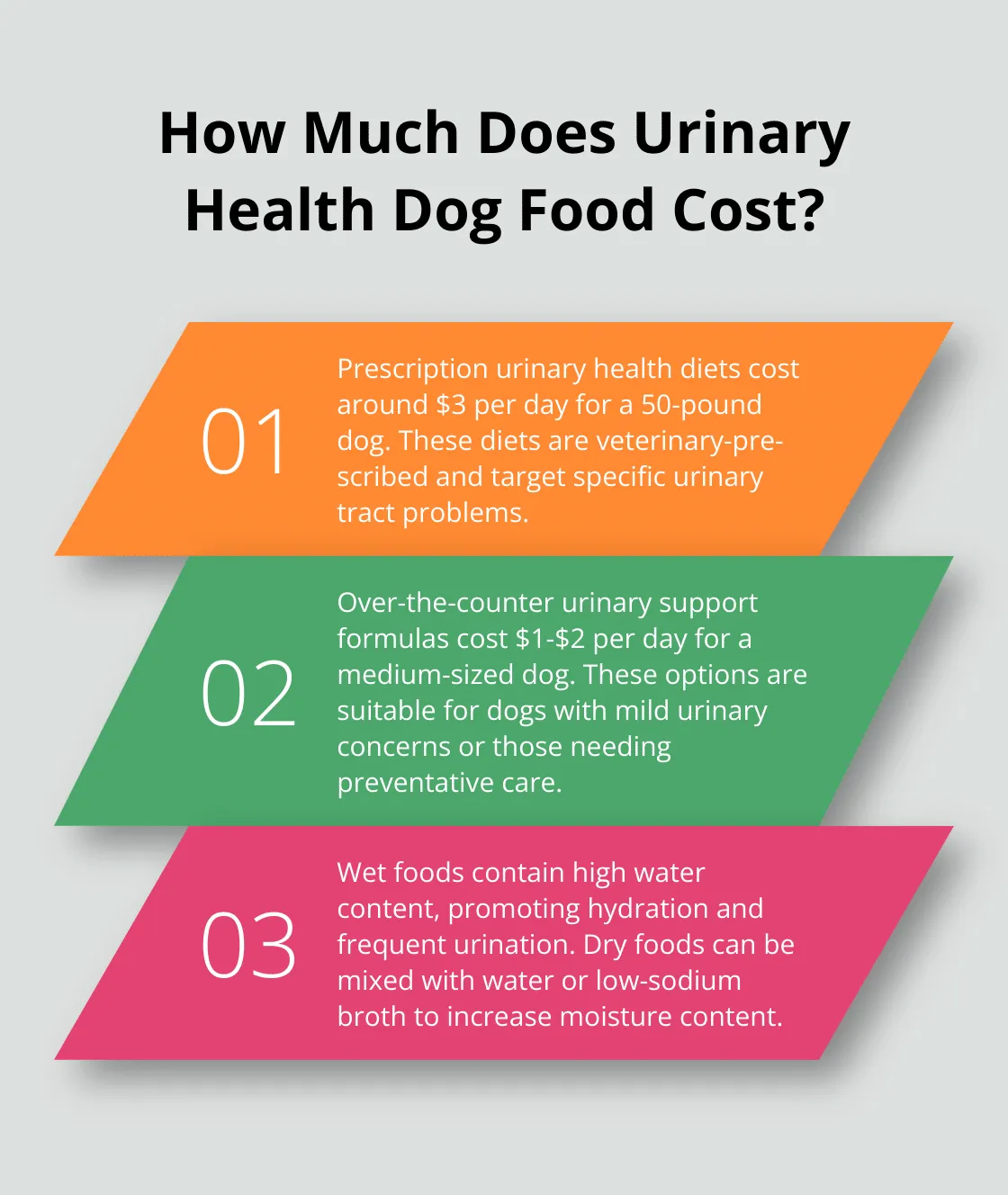Maintaining your dog’s urinary health is a cornerstone of their overall well-being, and proper nutrition plays a pivotal role in this vital aspect of canine care. For many dog owners, navigating the myriad of dietary options can be overwhelming, especially when looking for effective, accessible solutions. This guide focuses specifically on helping you find the Best Non Prescription Dry Dog Food For Urinary Health, offering a comprehensive look at key ingredients, essential considerations, and practical advice to support your furry friend’s urinary tract wellness without the need for a veterinary prescription. We understand the importance of making informed decisions that contribute to your dog’s long-term health and happiness, ensuring they lead a comfortable and vibrant life free from common urinary issues.
What Causes Urinary Issues in Dogs?
Urinary problems are a common concern for many dog owners, affecting a significant number of canine companions across various breeds and ages. These issues range from simple infections to more complex conditions like urolithiasis (urinary stones). A study published in the American Journal of Veterinary Research highlighted that urolithiasis was often associated with bacterial growth, particularly in female dogs (65%) and a substantial percentage of males (nearly 44%). This indicates the widespread nature of such conditions.
Multiple factors contribute to the development of urinary issues in dogs. While diet is a significant influencer, genetics, age, and a dog’s overall health also play crucial roles. Certain breeds, such as Dalmatians and Bulldogs, are genetically predisposed to forming specific types of urinary stones due to unique metabolic processes. A common underlying factor in many urinary ailments is an imbalanced urine pH level. The normal urine pH range for dogs typically falls between 6 and 7.5. Deviations from this optimal range can create an environment conducive to crystal and stone formation, leading to discomfort, potential blockages, and if left untreated, life-threatening complications.
 Infographic detailing if female dogs are more prone to urinary infections
Infographic detailing if female dogs are more prone to urinary infections
A dog’s diet directly impacts their urinary health. Foods high in specific minerals, particularly magnesium and phosphorus, can elevate the risk of stone formation. Conversely, diets rich in moisture aid in flushing the urinary system, thereby reducing the likelihood of infections and the development of stones. The quality and quantity of protein are also critical considerations. While protein is essential for dogs, excessive amounts of low-quality protein can result in increased urea production, potentially straining the kidneys and bladder. Therefore, veterinarians frequently recommend moderate quantities of high-quality protein for dogs susceptible to urinary problems. Making informed dietary choices is a key step in preventing and managing these health challenges, often complementing other wellness efforts such as providing healthy homemade dog treats healthy homemade dog treats that are mindful of ingredients.
Several key nutrients are vital for maintaining robust urinary tract health. Omega-3 fatty acids, found in sources like fish oil, possess anti-inflammatory properties that can soothe the urinary tract. Antioxidants, such as Vitamins C and E, support overall urinary health by combating oxidative stress. Cranberry extract is well-regarded for its ability to deter bacteria from adhering to the bladder wall, which can help prevent urinary tract infections (UTIs). Additionally, glucosamine is a compound known to support the integrity and health of the bladder lining. When selecting dog food for urinary health, whether prescription or non-prescription, look for these beneficial nutrients in the ingredient list. However, always consult with your veterinarian before making significant changes to your dog’s diet, especially if they have pre-existing health conditions. While diet is a powerful preventative and management tool, it is not a substitute for regular veterinary care, which includes routine check-ups and urinalysis to detect potential issues early.
What Ingredients Support Canine Urinary Health?
When seeking the best non prescription dry dog food for urinary health, understanding the ingredients is paramount. The right combination of nutrients can significantly bolster your dog’s natural defenses against common urinary tract problems. Prioritizing high-quality ingredients ensures that your dog receives optimal nutrition without inadvertently contributing to urinary issues.
High-quality protein sources are foundational. In urinary health dog food, the quality of protein often surpasses the quantity. Premium formulas typically list whole animal proteins like chicken, turkey, lamb, or fish as the primary ingredient. These sources provide essential amino acids crucial for muscle maintenance and overall health without imposing excessive strain on the urinary system, unlike some lower-quality protein meals. When considering your dog’s diet, exploring options like raw dog food recipes vet approved can also offer insights into protein quality, though raw diets require careful implementation and veterinary consultation.
Mineral balance is another critical factor in maintaining urinary health. The ideal dog food should feature controlled levels of phosphorus, typically between 0.2% and 0.7%, and magnesium levels below 0.1%. These precise levels are essential for reducing the risk of common stone formations. While calcium is an indispensable mineral, it also requires moderation, with recommended levels ranging from 0.5% to 0.8% on a dry matter basis to prevent calcium oxalate stones. Carefully checking the guaranteed analysis on dog food labels is crucial for identifying these controlled mineral contents.
Omega-3 fatty acids and antioxidants are vital for their protective benefits. Ingredients rich in omega-3s, such as fish oil or flaxseed, are known for their anti-inflammatory properties, which can help soothe an irritated urinary tract and support overall immune function. Antioxidants like vitamin E and vitamin C are powerful agents that combat oxidative stress, which can contribute to cellular damage. Many dry dog foods incorporate natural sources of these beneficial compounds through fruits and vegetables like blueberries, cranberries, and sweet potatoes.
While moisture-rich options are often emphasized for urinary health due to their ability to dilute urine and flush the system, dry dog food can still be highly effective. The key is to ensure adequate water intake through other means. Specialized ingredients are also often included to provide targeted support. Cranberry extract, for instance, is a well-known ingredient that helps prevent bacteria from adhering to the bladder wall, potentially lowering the risk of UTIs. Glucosamine is another beneficial addition, supporting the health and integrity of the bladder lining. These ingredients, when incorporated into a balanced dry food formula, can offer significant additional protection for dogs prone to urinary issues.
Best Non-Prescription Dry Dog Food Options for Urinary Health
Choosing the best non prescription dry dog food for urinary health involves careful consideration of several factors, including ingredient quality, nutrient balance, and your dog’s specific needs. While prescription urinary diets are formulated for severe or chronic conditions, many dogs with mild concerns or those requiring preventative care can thrive on specialized over-the-counter dry food options.
Over-the-counter urinary support formulas are readily available and designed to promote a healthy urinary tract environment. Brands like Blue Buffalo and Royal Canin offer such non-prescription lines. These formulas often incorporate key ingredients like cranberries, which help prevent bacteria from adhering to the bladder walls, and are formulated to maintain a balanced urine pH, which is crucial for preventing crystal and stone formation. These options typically provide a more affordable alternative to prescription diets, making them accessible for regular use in preventative care or for managing mild urinary sensitivities. When looking for general healthy treats, even options like places that sell dog ice cream near me should be considered in terms of their ingredients and overall dietary impact.
When selecting dry food for urinary health, the guaranteed analysis on the product label is your most important tool. Look for phosphorus levels that are carefully controlled, ideally between 0.2% to 0.7% on a dry matter basis. Magnesium levels should be kept below 0.1%, as higher concentrations can contribute to the formation of certain types of urinary stones. These ranges help to create a less hospitable environment for crystal formation and support overall urinary tract function.
To enhance the hydration benefits often associated with wet food, you can easily adapt dry kibble. Adding water or low-sodium broth to your dog’s dry food is an excellent way to increase their daily moisture intake. This added liquid helps to dilute urine, encouraging more frequent urination and effectively flushing the urinary system, thereby reducing the concentration of minerals that could lead to stone formation. Alternatively, mixing wet food with dry kibble can provide a balanced approach, combining the hydration advantages of wet food with the dental benefits and convenience of dry food.
While non-prescription dry dog food can be highly effective in supporting urinary health, it is crucial to remember that it does not replace professional veterinary care. Regular check-ups and urinalysis are essential for the early detection and effective management of any urinary issues. Always consult with your veterinarian before making any significant dietary changes, especially if your dog has existing health conditions or if you notice any changes in their urination habits. They can provide tailored advice and help monitor your dog’s progress, ensuring the chosen diet is the most appropriate for their individual needs.
 Infographic showing the cost of urinary health dog food
Infographic showing the cost of urinary health dog food
Final Thoughts
Selecting the right non-prescription dry dog food for urinary health can profoundly impact your canine companion’s comfort and long-term well-being. By focusing on high-quality protein sources, controlled mineral content, and strategically increasing moisture intake, you provide essential support for optimal urinary tract function. Remember, the goal is to create an internal environment that discourages the formation of crystals and stones while promoting overall bladder health.
When transitioning your dog to a new urinary health diet, always do so gradually over 7-10 days. This involves mixing increasing amounts of the new food with decreasing amounts of the old food to prevent digestive upset. Closely monitor your dog’s response to the new diet, observing any changes in their urination habits, water intake, and general health. Working closely with your veterinarian is paramount; they can offer personalized advice, recommend the most appropriate diets for your dog’s specific needs, and track their progress through regular check-ups and urinalysis. At Dog Care Story, we are committed to empowering you with the latest information and resources on canine health and nutrition, helping you make informed decisions that ensure your furry friend maintains optimal urinary health for years to come.
